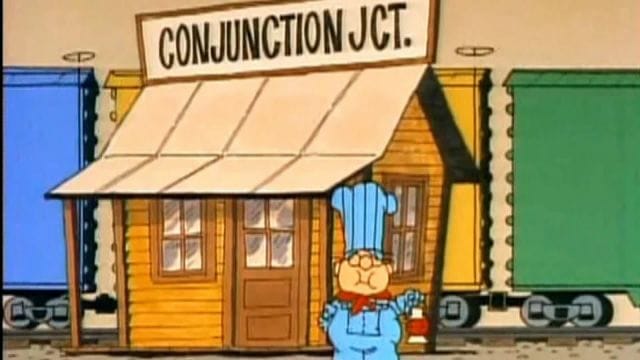Episodes: How you can fake your way through a writing career

When I interviewed him recently in connection to The Girlfriend Experience, Steven Soderbergh said something that struck me as true of almost all of the arts. (Please go read that interview. I genuinely believe it's one of the best things I've ever done, and, like, nobody read it.)
We were talking about editing (and specifically how television's cutting patterns are too same-y and keep much of the medium back from being as cinematically adventurous as it could be).
He said:
Transparent is a good example. There’s not the typical editing patterns for a show. They do a good job of not only editing internally within scenes but structuring the rhythm of their episodes. It’s not all about which lines you’re cutting on or which lines you’re not cutting on. You’ve also got to look at the whole thing as a macro sequence and go, "We need to look at the transitions and how long this thing should be." If you only understand transitions, you can fake your way through a career.
It's that last sentence that is particularly true, I think. In general, wannabe artists underestimate the importance of transitions, the part of any work of art (yes, even a visual work of art) that guides you from where you were to where you want to go. Doing this requires some degree of audience hand-holding, and if you're going to rip them, forcibly, out of where they were and take them to a new place, well, you'd better hope that new place is somewhere they also want to be.
Transitions are even more important to criticism and other forms of essay writing than you'd expect. When I'm reading stuff by amateur writers, or wannabe critics, or even people writing for money out there on our great, wild internet, I'm often amazed by how transitions alone can elevate someone's writing several levels. You might be a technically atrocious writer, with little skill in turning a phrase or explaining what you mean, but if you can nail transitions, well, you'll just seem like a garden variety bad writer. Is what I'm saying.
I was talking about this with a writer friend who struggles, sometimes, with transitions, despite being one of the best writers I know, and they said, "Hey, you'll be familiar with this, but I often use four words when I should use one, so when I'm doing transitions, they get way too bulky, too." (Guilty as charged, writer friend.)
Fortunately, English has given us all sorts of helper words that help us take transition shortcuts -- words like "but" and "so" and "if" and "therefore" and "thus" and "meanwhile" and etc. Sometimes "or" in a pinch. Rarely "and," because "and" eventually turns a thought into one, endless stream of consciousness, and that can be murder. You want your transitions to imply opposition or development or, for God's sake, complication. Never a straight line.
But how do transitions function? I find a lot of people struggle with this idea, by which I mean, they struggle with the idea of what exactly they're supposed to be transitioning. And the trick here is that the transition doesn't just signal to the reader where you're going; it also looks back at where you've been.
Think of the reader as someone wearing a blindfold. You have one hand helping them out, but you constantly need to describe to them the obstacles in their way. And, crucially, you have to describe to them where they are at the moment, too, so that they keep themselves oriented in space and time. Any piece of writing is a journey, and transitions are the little dots that mark where the plane is on the map as Indiana Jones flies across the globe. You should always be able to look back and look forward.
So if you feel like your writing is hitting a brick wall, look to your transitions. Simply working to make them as punchy and vital as they can possibly be will improve your writing a lot. I promise you.
I have too many cats!
--
Episodes is published at least three times per week, and more if I feel like it. It is mostly about television, except when it's not. Suggest topics for future installments via email or on Twitter. Read more of my work at Vox Dot Com.



